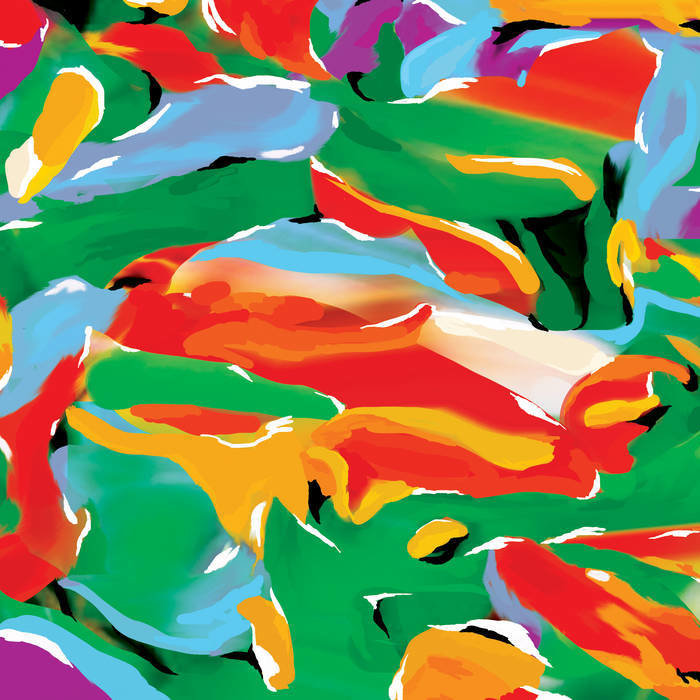
Brian D’Souza has long realised the deep connections between music and the natural world. Whether creating soundtracks for psilocybin guided therapy sessions or via his recent Plants Can Dance concept. The latter involving the biosonification of plants and fungi with modular synthesis. Literally making music from the electrical pulse of the natural world around us. He has continually pushed the boundaries of the possible. His substack is also a constant source of erudite observations on everything from the state of independent music to a recent moving tribute to the late, great Keith McIvor with an associated remix of the seminal 'Optimo' in his honour and to raise funds for the Brains Trust.
So any new project coming from the mind of the man also known as Auntie Flo is going to be worth investigating. This new one is no different. Birds Of Paradise takes inspiration from his familial roots in South India, Goa in particular where his Auntie Florie is laid to rest. That’s not to just say there is some passing references to that place. The recordings were made whilst staying in a Fisherman’s hut and waking each morning to capture the sounds of the dawn and beyond to add texture to the analogue synths that provide the core of these tracks.
Albums with a high concept or very specific set of ground rules can feel constricted and while there always has to be respect for those projects, and their adherence to those parameters, those restrictions can lead to a loss of something else. Not so on Birds Of Paradise. The intersection of those natural, organic sounds has rarely sounded so good. Joyful, without being mawkish or contrived and definitely not euphoric in a negative sense. Each track ebbs and flows in a unique way, tying together the organic sounds of forests and mangroves with driving drums and flowing rhythms.
‘Paradise 23’ snakes along with an uplifting keyboard vamp and mid-tempo beat to move things into gear. ‘Ceibo’ is a little darker, there’s an extended backing drone that builds tension while the melody plays on top. ‘Joy Mantra’ is just that, a nimble marimba interspersed with clashing hi-hats and a proper bounce. ‘Earth NRG’ probably captures best the spirit of Birds Of Paradise, even listening hard, it becomes difficult to separate the organic and man made noises as they become one. As well as India, the Japanese environment has provided textures ripe for being interwoven to the fabric of the music being made, and tracks like ‘Mount Koya’ capture that sound clash brilliantly. Each track on Birds of Paradise has something different to say but they all translate the language of nature to the dancefloor.
Birds of Paradise is out now via Bandcamp
